Image of 1952 Mercedes-Benz 170 D, Note: These illustrations use artistic license and may differ from actual historical models.
Performance Metrics
Fundamental Metrics
Emotional Appeal
MMP Rating
| Engine Specifications | |
|---|---|
| Engine: | OM 636 IV Diesel Inline-4 |
| Displacement: | 1.7L (1697 cc) |
| Horsepower: | 40 hp at 3200 rpm |
| Torque: | 88 lb-ft at 2000 rpm |
| Compression Ratio: | 21:1 |
| Ignition System: | Diesel (no spark plugs) |
| Cooling System: | Water-cooled |
| Performance Specifications | |
| 0-60 Time: | Estimated over 30 seconds |
| 1/4 Mile Time: | Not available |
| Top Speed: | 65 mph |
| Transmission and Drive | |
| Drive Type: | Rear-wheel drive |
| Transmission Type: | 4-speed manual |
| Fuel and Efficiency | |
| Fuel System Type: | Diesel |
| MPG: | Estimated 30-35 mpg |
| Dimensions and Brakes | |
| Brakes: | Drum brakes |
| Wheelbase: | 112.2 inches |
| Weight: | 2,646 lbs |
Note: Specifications for classic cars are given to the best of our ability, considering the limited and variant data available.
1952 Mercedes-Benz 170 D: A Testament to Post-War Ingenuity
The 1952 Mercedes-Benz 170 D stands as a beacon of resilience and innovation in the post-war automotive landscape. Born from the ashes of a world recovering from conflict, this vehicle not only represents the storied legacy of its manufacturer but also the indomitable spirit of an era. As one of the earliest diesel-powered passenger cars, the 170 D carved out a unique niche in automotive history, offering a blend of efficiency and durability that was uncommon for its time.
Design and Innovation
With its rounded fenders and prominent grille, the exterior styling of the 1952 Mercedes-Benz 170 D exuded a sense of elegance and robustness. The car's design was a harmonious blend of form and function, reflecting the utilitarian needs of the period while maintaining a certain level of sophistication. Inside, occupants were greeted with high-quality materials and an attention to detail that was typical of Mercedes-Benz craftsmanship. The dashboard layout was straightforward yet functional, with gauges and controls within easy reach.
Technologically, the 170 D was ahead of its time, featuring a four-cylinder diesel engine that provided remarkable fuel economy compared to its gasoline counterparts. Color options for this model were somewhat limited by today's standards but included tasteful hues that accentuated its lines. Among these, deep blacks and navy blues were particularly popular. The vehicle came in several body styles, with the four-door sedan being the most iconic and sought-after by collectors today.
Historical Significance
The Mercedes-Benz 170 D's impact on automotive design cannot be overstated. It set a precedent for diesel engines in passenger vehicles—a trend that would gain momentum in subsequent decades. This model distinguished itself from contemporaries with its reliability and efficiency, traits that would come to define Mercedes-Benz's reputation in the years to follow.
Performance and Handling
Performance-wise, the 170 D was not designed to break speed records; it had a modest top speed and acceleration reflective of its utilitarian purpose. However, where it truly shined was in handling everyday driving conditions with grace. The ride quality was smooth for its time, absorbing bumps without unsettling passengers. Behind the wheel, drivers appreciated the car's predictable handling characteristics and the distinct hum of its diesel engine—a sound that became synonymous with reliability.
Ownership Experience
The 1952 Mercedes-Benz 170 D found its place as a dependable daily driver but also garnered attention at car shows due to its historical significance. Maintenance was straightforward for those familiar with diesel engines, and parts availability has remained relatively consistent thanks to dedicated enthusiast communities and aftermarket support.
Fun Facts
This classic has seen its fair share of unique trivia over the years. While not known for breaking speed records, it has been celebrated for endurance and efficiency milestones. The 170 D also gained some celebrity status through ownership by notable figures in history and has appeared in various films set in the post-war era.
Collector's Information
Today, a well-preserved 1952 Mercedes-Benz 170 D can fetch a wide range in value depending on condition and provenance. With production numbers not as high as some other models from that era, it is considered relatively rare. Prices have generally appreciated over time as classic car enthusiasts seek out models with significant historical value.
Conclusion
The 1952 Mercedes-Benz 170 D is more than just a classic car; it is a symbol of progress during a period marked by recovery and growth. Its legacy endures as an early adopter of diesel technology in passenger vehicles—a testament to Mercedes-Benz's forward-thinking approach to automotive engineering.
1952 Mercedes-Benz 170 D Catalog of Parts
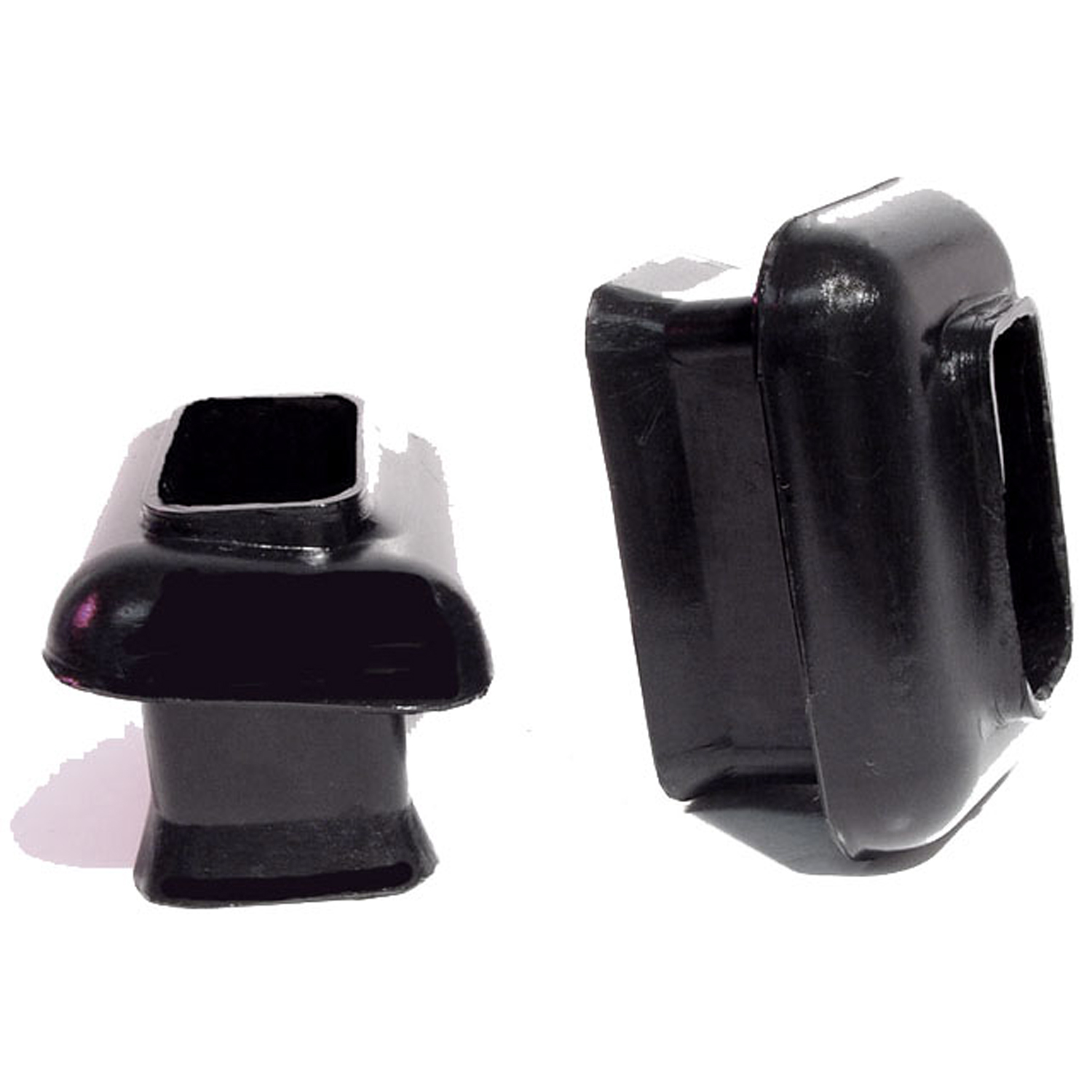 1952 Mercedes-Benz 170 D Rear Bumper Arm Grommets. 2-1/2" long X 1-3/8" wide-BG 104Rear Bumper Arm Grommets. 2-1/2" long X 1-3/8" wide. Inner slot: 1-11/16" long X 13/16" wide. Pair
1952 Mercedes-Benz 170 D Rear Bumper Arm Grommets. 2-1/2" long X 1-3/8" wide-BG 104Rear Bumper Arm Grommets. 2-1/2" long X 1-3/8" wide. Inner slot: 1-11/16" long X 13/16" wide. Pair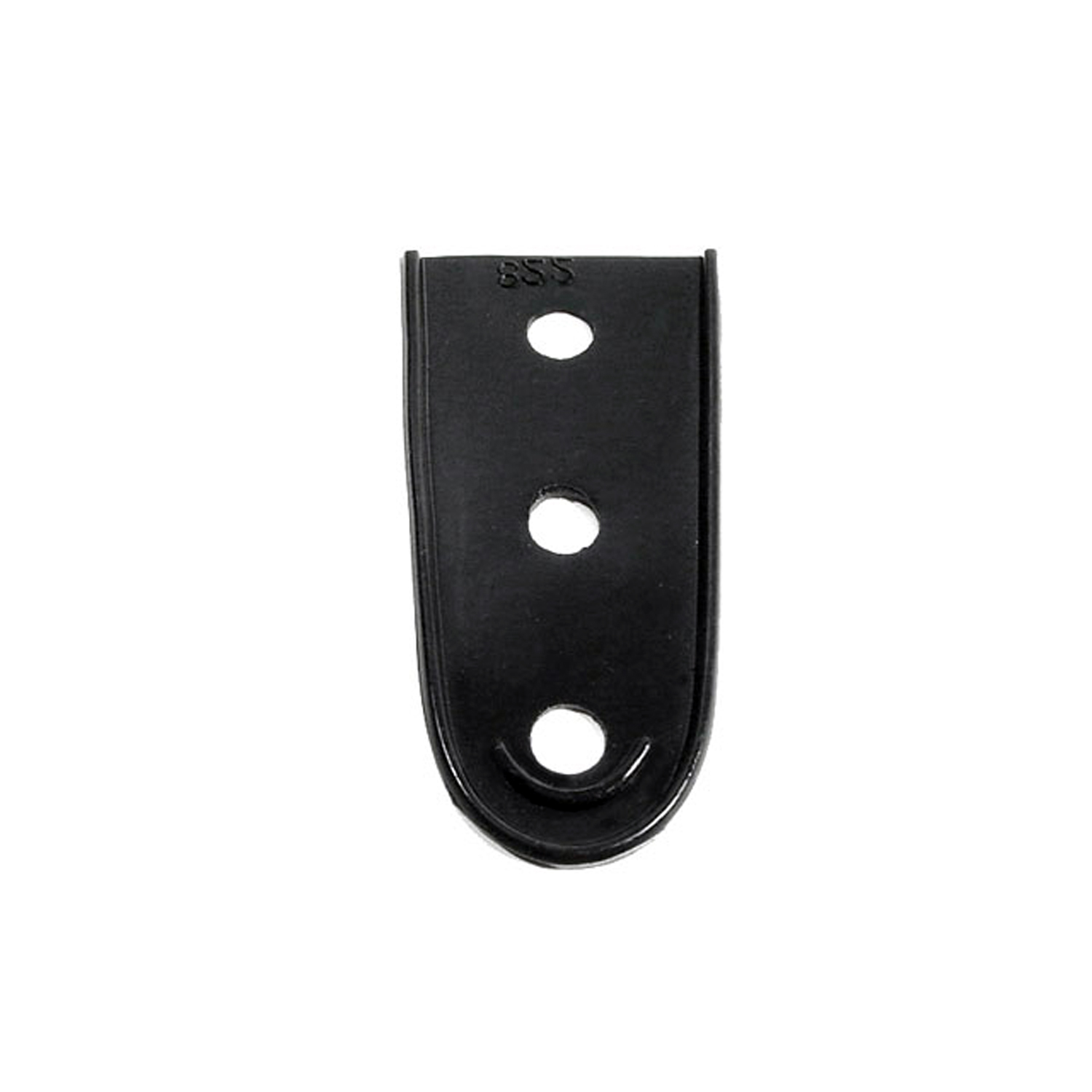 1952 Mercedes-Benz 170 D Trunk Lower Hinge Pad. 2-1/8" wide X 4-1/4" long. Each-MP 822Trunk Lower Hinge Pad. 2-1/8" wide X 4-1/4" long. Each
1952 Mercedes-Benz 170 D Trunk Lower Hinge Pad. 2-1/8" wide X 4-1/4" long. Each-MP 822Trunk Lower Hinge Pad. 2-1/8" wide X 4-1/4" long. Each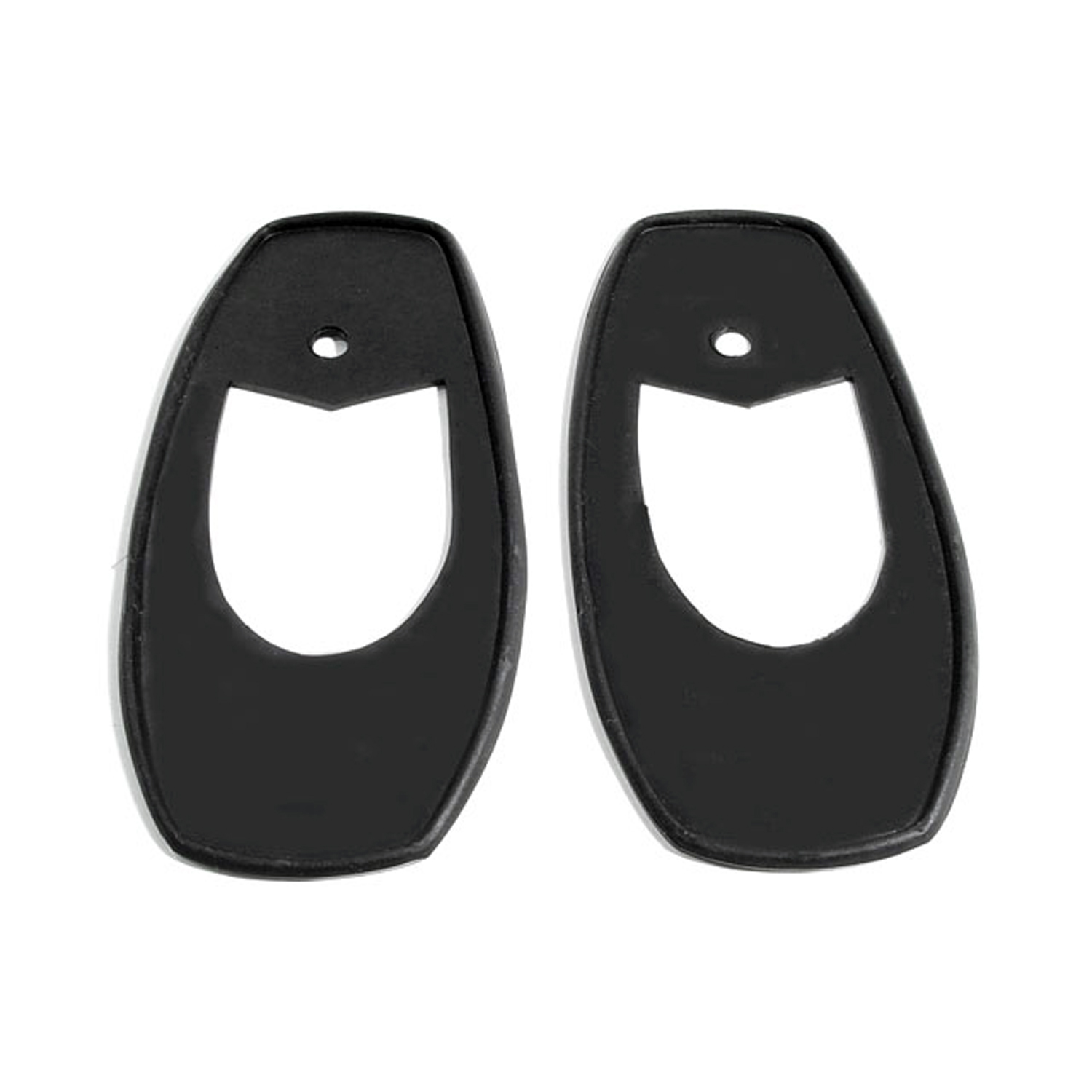 1952 Mercedes-Benz 170 D Headlight Pads. 3-1/8" wide X 6-1/2" long. Pair-MP 823-AHeadlight Pads. 3-1/8" wide X 6-1/2" long. Pair
1952 Mercedes-Benz 170 D Headlight Pads. 3-1/8" wide X 6-1/2" long. Pair-MP 823-AHeadlight Pads. 3-1/8" wide X 6-1/2" long. Pair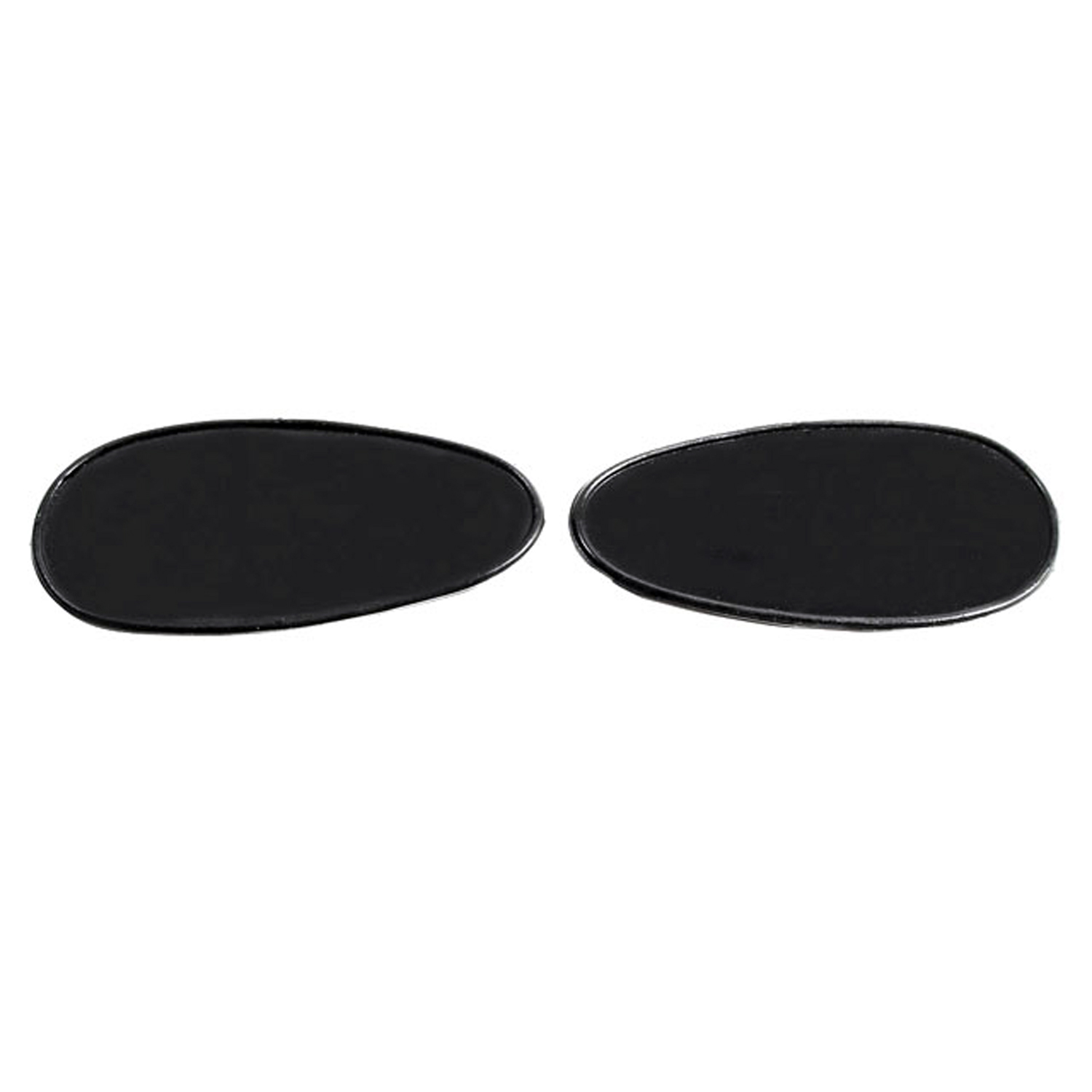 1952 Mercedes-Benz 170 D Tail-light Pads. 2-1/4" wide X 4-5/8" long. Pair-MP 823-BTail-light Pads. 2-1/4" wide X 4-5/8" long. Pair
1952 Mercedes-Benz 170 D Tail-light Pads. 2-1/4" wide X 4-5/8" long. Pair-MP 823-BTail-light Pads. 2-1/4" wide X 4-5/8" long. Pair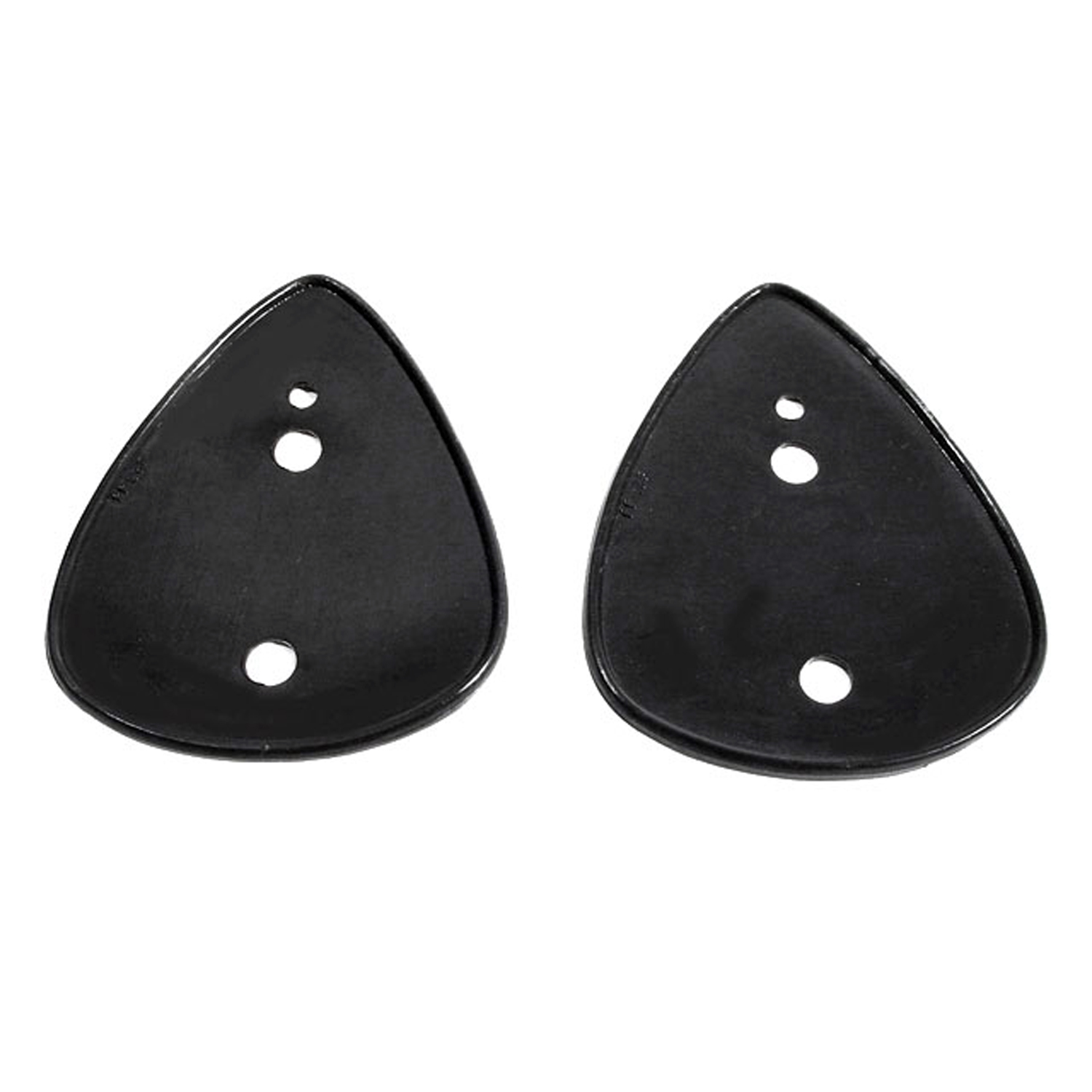 1952 Mercedes-Benz 170 D Park Light Pads. Made for the stamped fender light-MP 823-JJPark Light Pads. Made for the stamped fender light. 3-7/8" wide X 5-1/8" long. Pair
1952 Mercedes-Benz 170 D Park Light Pads. Made for the stamped fender light-MP 823-JJPark Light Pads. Made for the stamped fender light. 3-7/8" wide X 5-1/8" long. Pair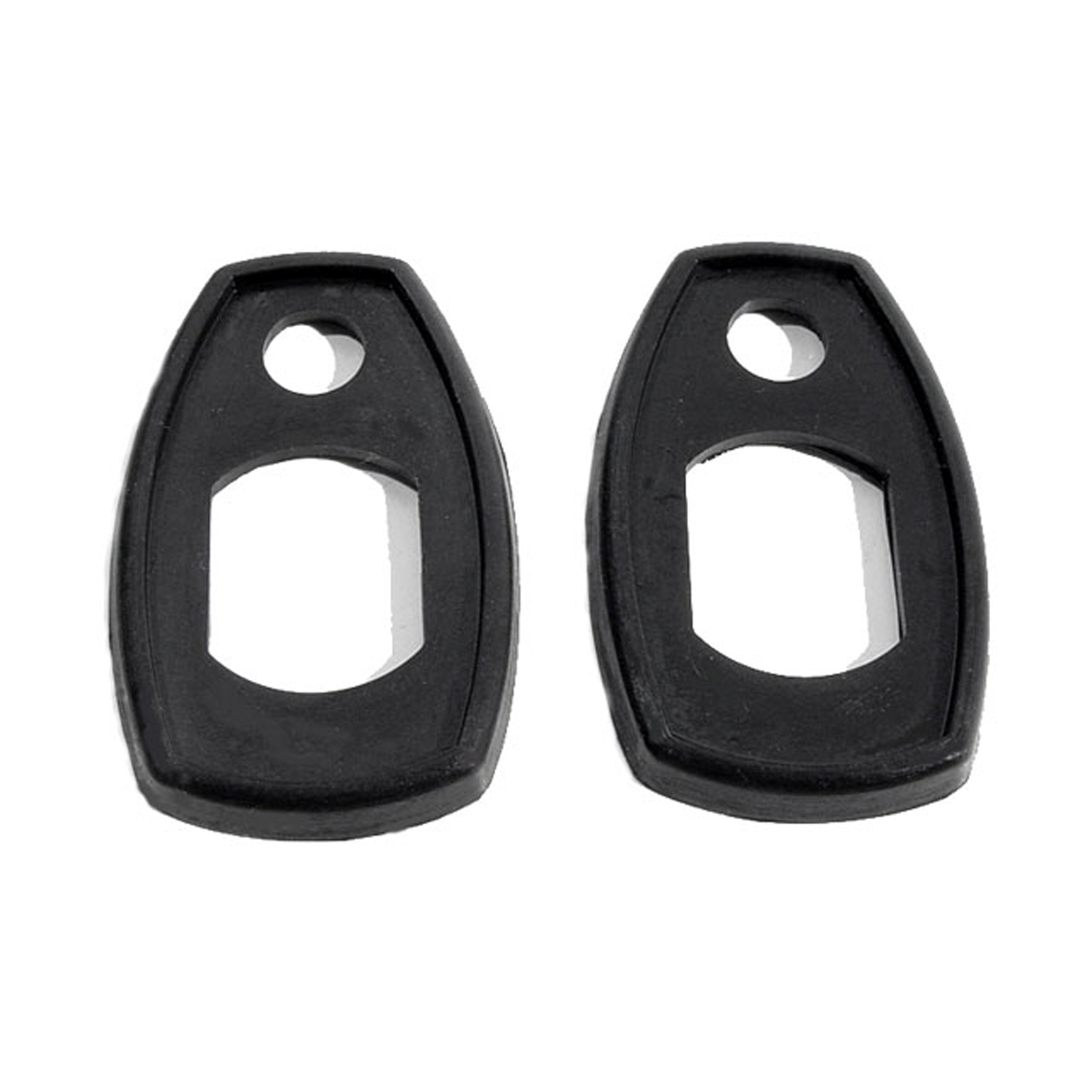 1952 Mercedes-Benz 170 D Door Handle Pads. 1-1/2" wide X 2-1/2" long. Pair-MP 823-NDoor Handle Pads. 1-1/2" wide X 2-1/2" long. Pair
1952 Mercedes-Benz 170 D Door Handle Pads. 1-1/2" wide X 2-1/2" long. Pair-MP 823-NDoor Handle Pads. 1-1/2" wide X 2-1/2" long. Pair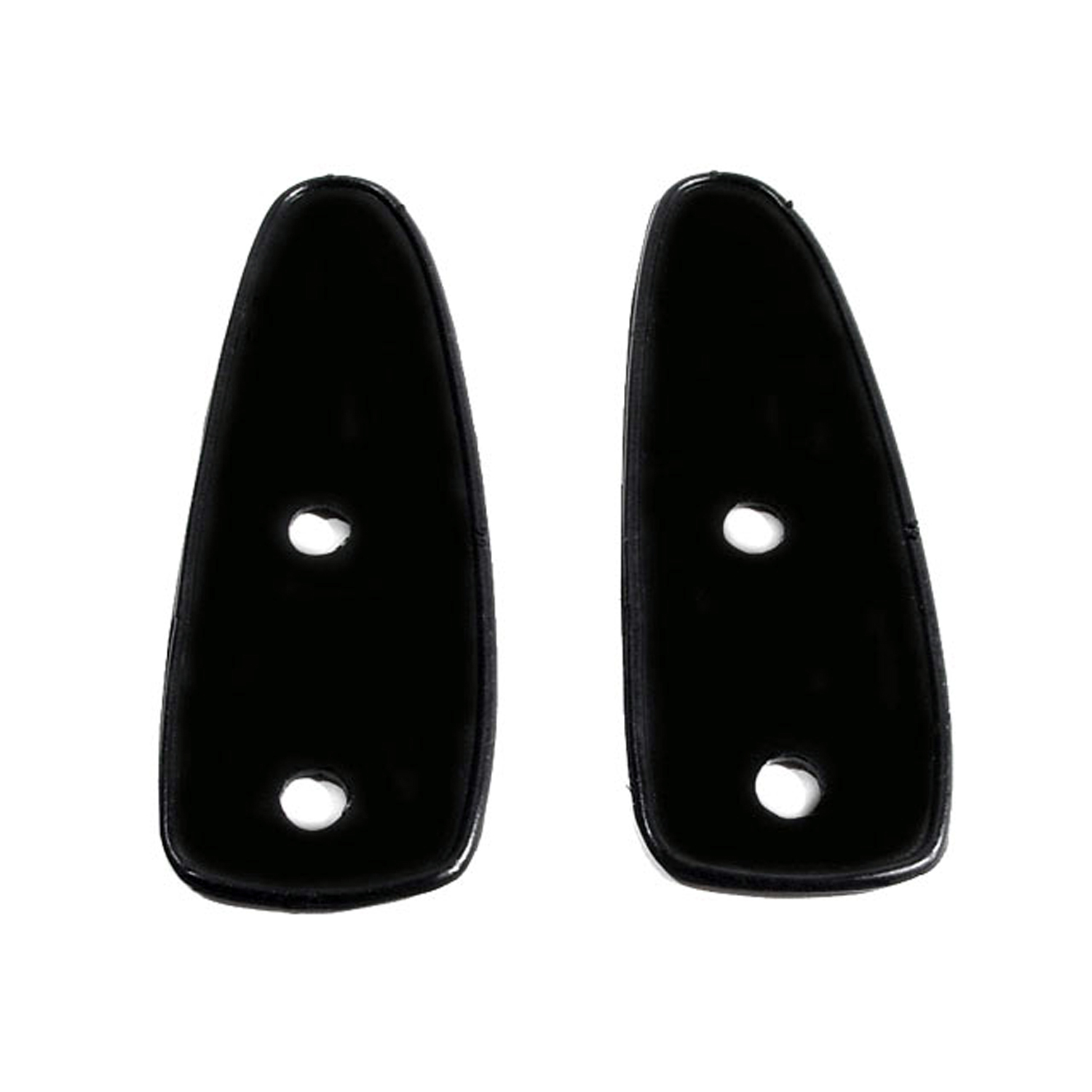 1952 Mercedes-Benz 170 D Park Light Pads. 2-1/4" wide X 6-1/8" long. Pair-MP 823-QPark Light Pads. 2-1/4" wide X 6-1/8" long. Pair
1952 Mercedes-Benz 170 D Park Light Pads. 2-1/4" wide X 6-1/8" long. Pair-MP 823-QPark Light Pads. 2-1/4" wide X 6-1/8" long. Pair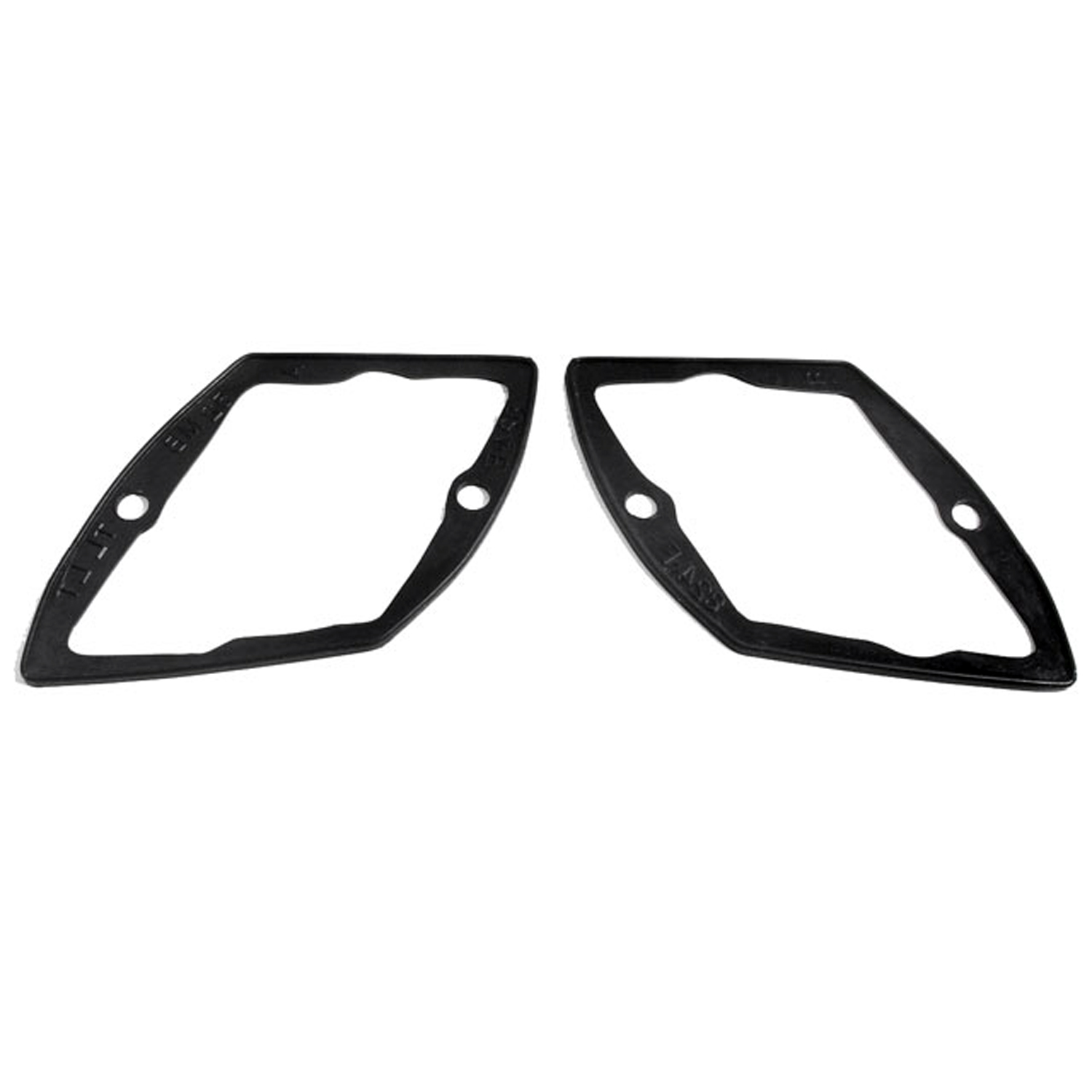 1952 Mercedes-Benz 170 D Tail-light Pads. 3-5/8" wide X 3-3/4" long. Pair-MP 824-ETail-light Pads. 3-5/8" wide X 3-3/4" long. Pair
1952 Mercedes-Benz 170 D Tail-light Pads. 3-5/8" wide X 3-3/4" long. Pair-MP 824-ETail-light Pads. 3-5/8" wide X 3-3/4" long. Pair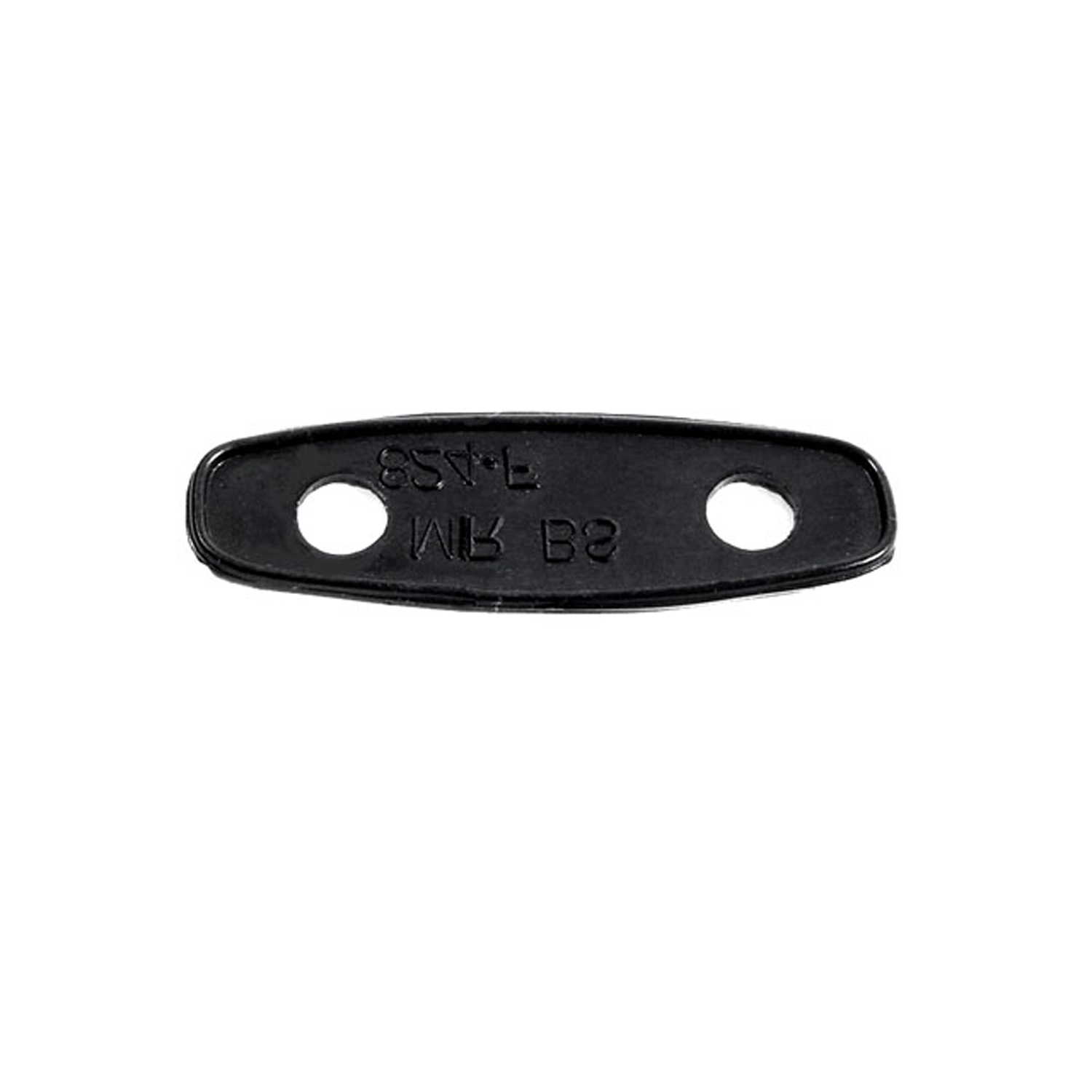 1952 Mercedes-Benz 170 D Mirror Base Pad. 1" wide X 3" long. Each-MP 824-FMirror Base Pad. 1" wide X 3" long. Each
1952 Mercedes-Benz 170 D Mirror Base Pad. 1" wide X 3" long. Each-MP 824-FMirror Base Pad. 1" wide X 3" long. Each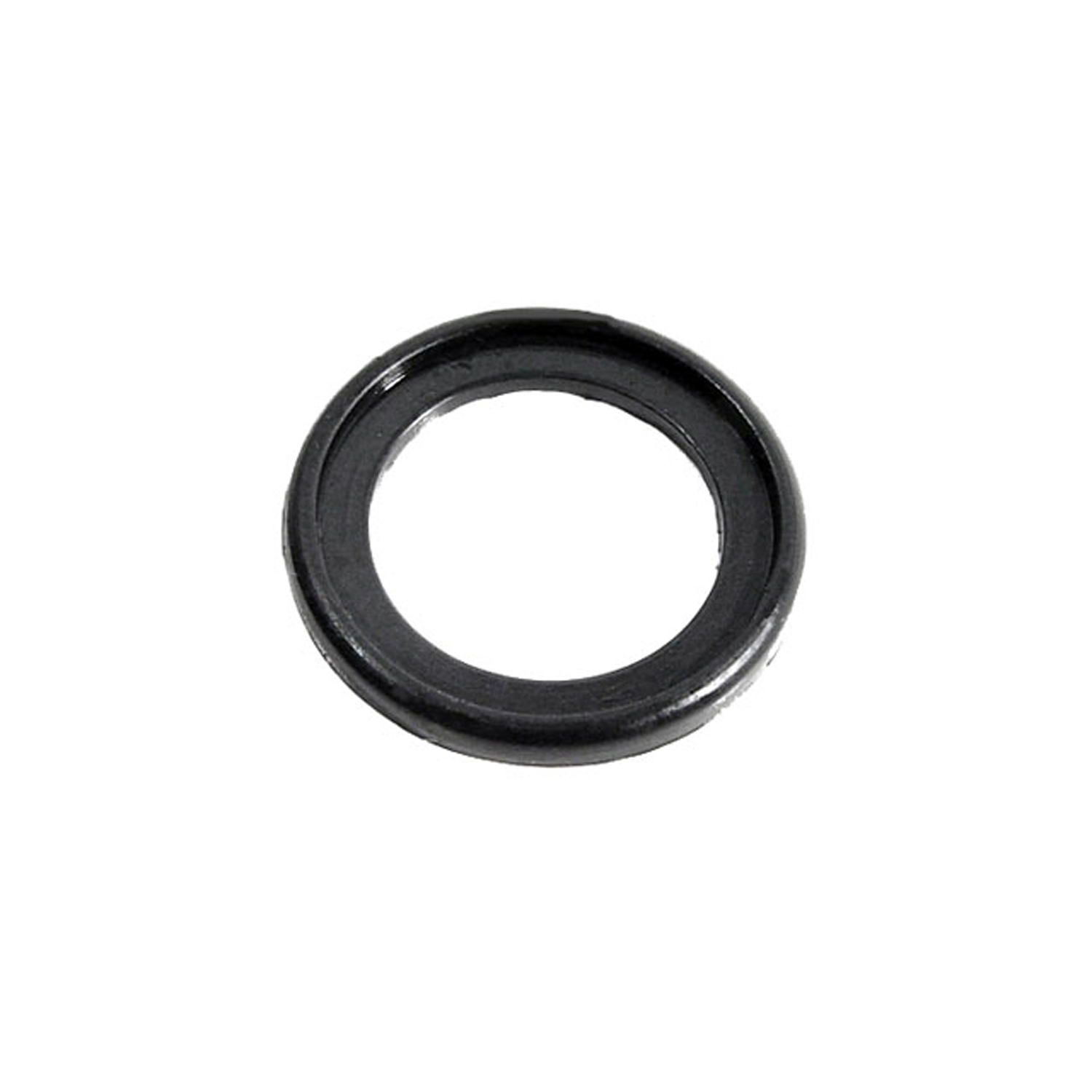 1952 Mercedes-Benz 170 D Trunk Handle, Trunk Lock, Glove Box Lock & Gas Lock Pad-MP 824-HTrunk Handle, Trunk Lock, Glove Box Lock & Gas Lock Pad. 1-3/8" O.D. Each
1952 Mercedes-Benz 170 D Trunk Handle, Trunk Lock, Glove Box Lock & Gas Lock Pad-MP 824-HTrunk Handle, Trunk Lock, Glove Box Lock & Gas Lock Pad. 1-3/8" O.D. Each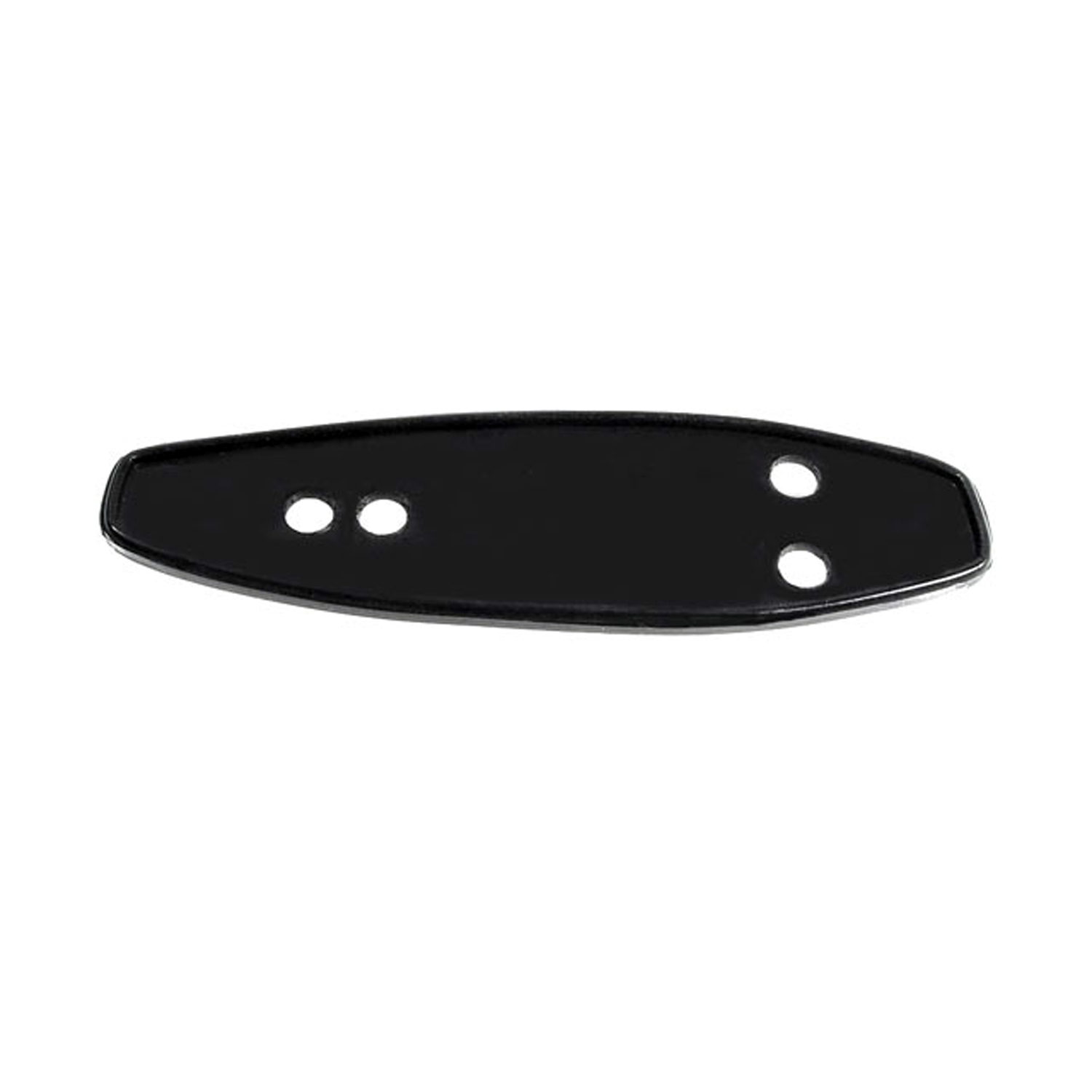 1952 Mercedes-Benz 170 D Spare Tire Lock Pad. 2" wide X 6-1/2" long. Each-MP 824-JSpare Tire Lock Pad. 2" wide X 6-1/2" long. Each
1952 Mercedes-Benz 170 D Spare Tire Lock Pad. 2" wide X 6-1/2" long. Each-MP 824-JSpare Tire Lock Pad. 2" wide X 6-1/2" long. Each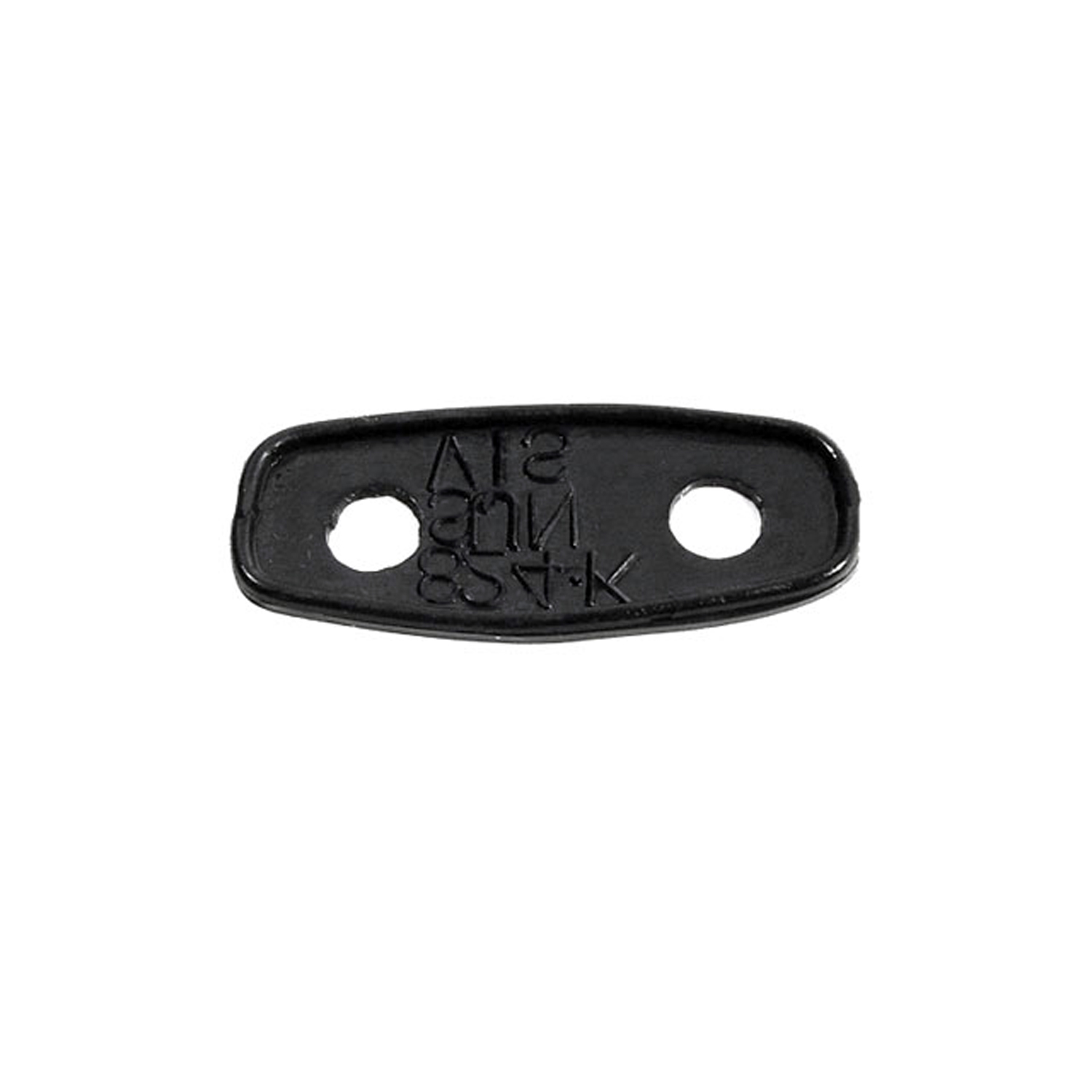 1952 Mercedes-Benz 170 D Sun Visor Pad. 7/8" wide X 2" long. Each-MP 824-KSun Visor Pad. 7/8" wide X 2" long. Each
1952 Mercedes-Benz 170 D Sun Visor Pad. 7/8" wide X 2" long. Each-MP 824-KSun Visor Pad. 7/8" wide X 2" long. Each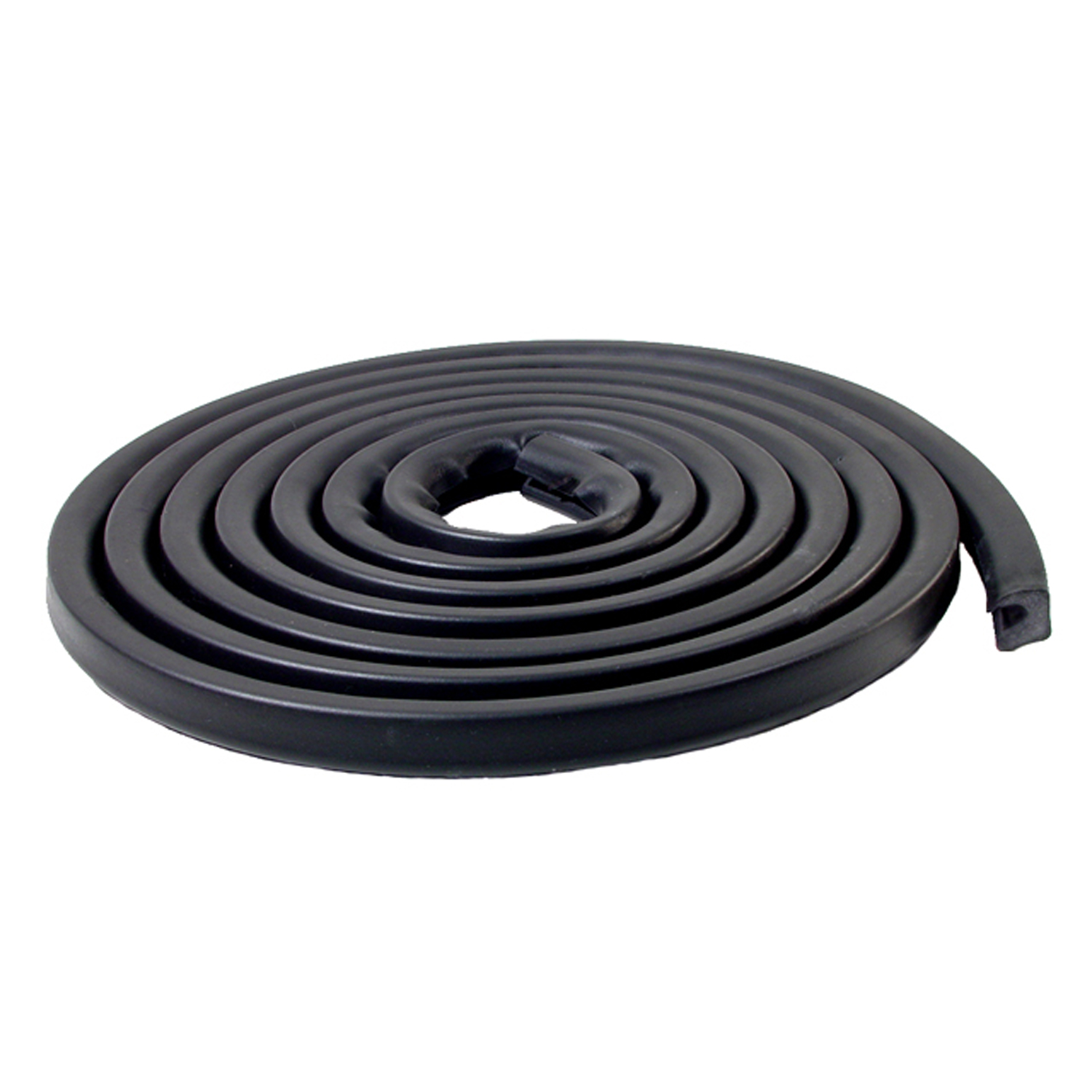 1952 Mercedes-Benz 170 D Trunk Seal. Each-TK 63-M/15Trunk Seal. Each
1952 Mercedes-Benz 170 D Trunk Seal. Each-TK 63-M/15Trunk Seal. Each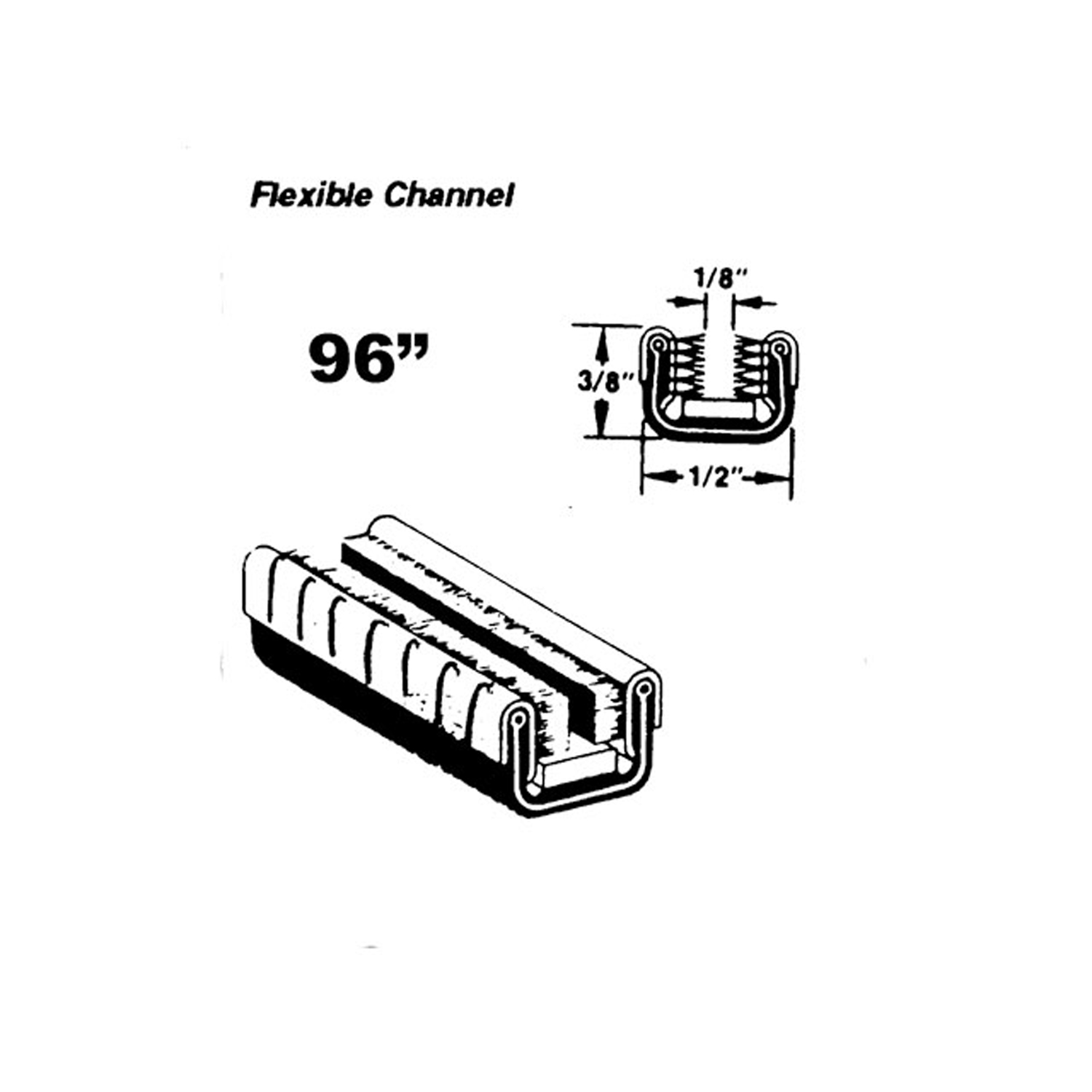 1952 Mercedes-Benz 170 D Flexible glass-run channel. Rubber covered and pile lined-WC 12-96Flexible glass-run channel. Rubber covered and pile lined. Unbeaded. 96 in. long. Each. NOTE: $20 special shipping charge applies for domestic orders. Call or email for overseas shipping costs. Part can be sectioned in two or three equal lengths to reduce overseas shipping costs.
1952 Mercedes-Benz 170 D Flexible glass-run channel. Rubber covered and pile lined-WC 12-96Flexible glass-run channel. Rubber covered and pile lined. Unbeaded. 96 in. long. Each. NOTE: $20 special shipping charge applies for domestic orders. Call or email for overseas shipping costs. Part can be sectioned in two or three equal lengths to reduce overseas shipping costs.Why Choose Metro?
For over 100 years, Metro Moulded Parts has been the pinnacle of quality in classic car restoration parts. Our commitment to precision and authenticity in every component ensures a perfect fit and an OEM-level appearance.
- Expert Craftsmanship & Quality: Each part is a testament to our dedication to reliability and perfection, crafted from original designs and thoroughly tested.
- Advanced Technology: We use cutting-edge techniques to create flawless, long-lasting parts that surpass others in performance.
- SuperSoft Sponge – The Ultimate Door Seal: Not only are our door seals 30% softer than competitors', but they're also guaranteed to never leak. They effectively reduce wind and road noise, enhancing your classic car's comfort and driving experience.
- Proudly American: Our parts are a product of American craftsmanship, made in the USA with a spirit of excellence and heritage.
- Unrivaled Warranty: We back our products with a 30-year industry-leading warranty, a testament to our confidence in their quality.
Join us in preserving the legacy of classic cars with parts that are crafted for perfection, not just made.

